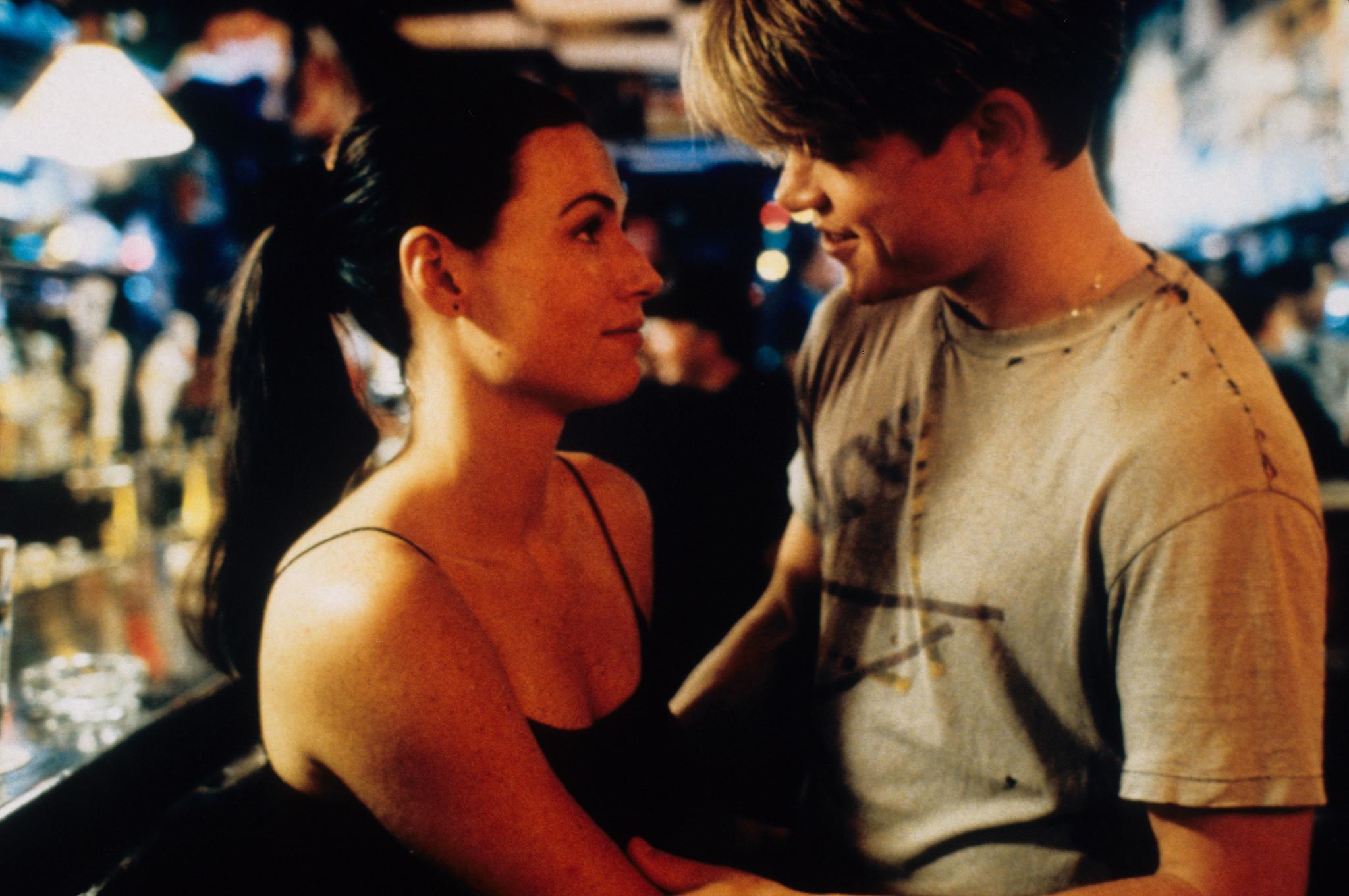Many years ago, actor Matt Damon ‘dumped’ (yes, that is the word that was bandied around) Minnie Driver, his co-star in Good Will Hunting and then girlfriend, on The Oprah Winfrey Show and even though those were relatively innocent times (and private relationships were not managed or mismanaged in full public view to the extent they are now), this was a deliberately unkind gesture. Today of course you can ‘unfriend’ a lover, tell the world whether the relationship you are in is committed or open or complicated, share images of your partner in the first throes of a relationship with relative strangers and then in the case of a breach, delete all online traces of memories from your timeline.
And go from the public proclamation of ’in a relationship’ to ‘single’ in a click. There are many ways in which you can convey to a potential partner that you ‘like’ or don’t like them enough by either following them on every social platform or showing virtual disinterest by not acknowledging their existence even though technologically speaking, they could be your friend, or whatever the term means today. And let us not talk about public breakups and virtual shaming because that is another kind of vitiated space altogether.
Someone once told me how when a ‘friend-zoned’ admirer tries to get too intrusive and personal with them, they post status messages or pictures hinting at a relationship so that the person backs off and gets the message, “I may be calling you occasionally, sharing my issues with you but I am just not that into you. You are a friend…kind of. Not looking for love in your direction. Whoa…dear God, no.’’
These are of course things, we never had to deal with in the eighties when we were growing up. You never came to be friends with anyone you did not like enough. There were organic filters in place. Friendships and relationships were built in real time, in real spaces, with real people, not ghosts who you never get to see but can sense occasionally as footprints on virtual sand.
If you built a bond with someone, it was overtime. If someone approached a potential partner, it was in person and in contexts where the risk of rejection was as real as the possibility of acceptance.
Today, anyone can inbox you a sexually explicit message. Anyone can send you a friend request and you can have a virtual relationship and a virtual breakup without ever setting your eyes on the concerned person.
In the pre Internet era, if a friendship fell through, you could move on because your personal space was sealed against too much information about the person in question.
Today, no matter how hard you try, you cannot wish away the person you once knew. Because as long as you are on social media, you will see them or hear about them. That is perhaps why a new term like ‘ghosting’ has emerged where people choose to drop out completely from potential relationships that did not work out. In the absence of person to person engagement, intimate conversations, sharing more than each other’s Facebook posts, it is easy to disengage by just unfollowing and unfriending someone.
Greg Behrendt, the author of the best-selling book turned movie, He’s Just Not That Into You, simplified modern relationships with simple brutality when he said that if someone does not call or text or write, it is because they don’t want to.
So don’t waste time trying to figure why someone reads your messages but does not write back, why they only call when it is convenient, why they make no effort to see you face-to-face. It is simple. They DON’T want to. As he said, “If it’s not in person, it’s not real.”
In their own way, they have ‘ghosted’ you so go ahead, return the favour and move on.
The problem with virtual conversations is that they mean nothing unless they grow beyond the ether and lead to solid communication where two people make an effort to share more than just emojis.
A friend recently shared how WhatsApp groups create the illusion that you know people just because you are constantly accessible to them and they are accessible to you. The phone is constantly trilling with shares and forwards and yet, one minor misunderstanding can create divisions in the group, divide loyalties and result in people ‘leaving’ when they never really arrived.
The illusion of virtual friendships breaks during a real crisis when folks who have been all over your timeline do not show up to condole a loss even virtually and offer no help if you are going through a low patch professionally or personally.
A relationship is not a relative term. It either is or isn’t. Today, however, it is tough to know the difference and you never really know if a friend you just unfriended was ever really a friend.
Or someone who could have been more.
 with The New Indian Express
with The New Indian Express
Reema Moudgil works for The New Indian Express, is the author of Perfect Eight, the editor of Chicken Soup for the Soul-Indian Women, a translator who recently interpreted Dominican poet Josefina Baez’s book Comrade Bliss Ain’t Playing in Hindi, an artist, a former Urdu RJ and a mother. She won an award for her writing/book from the Public Relations Council of India in association with Bangalore University, has written for a host of national and international magazines since 1994 on cinema, theatre, music, art, architecture and more, has exhibited her art in India and the US…and hopes to travel more and to grow more dimensions as a person. And to be re






